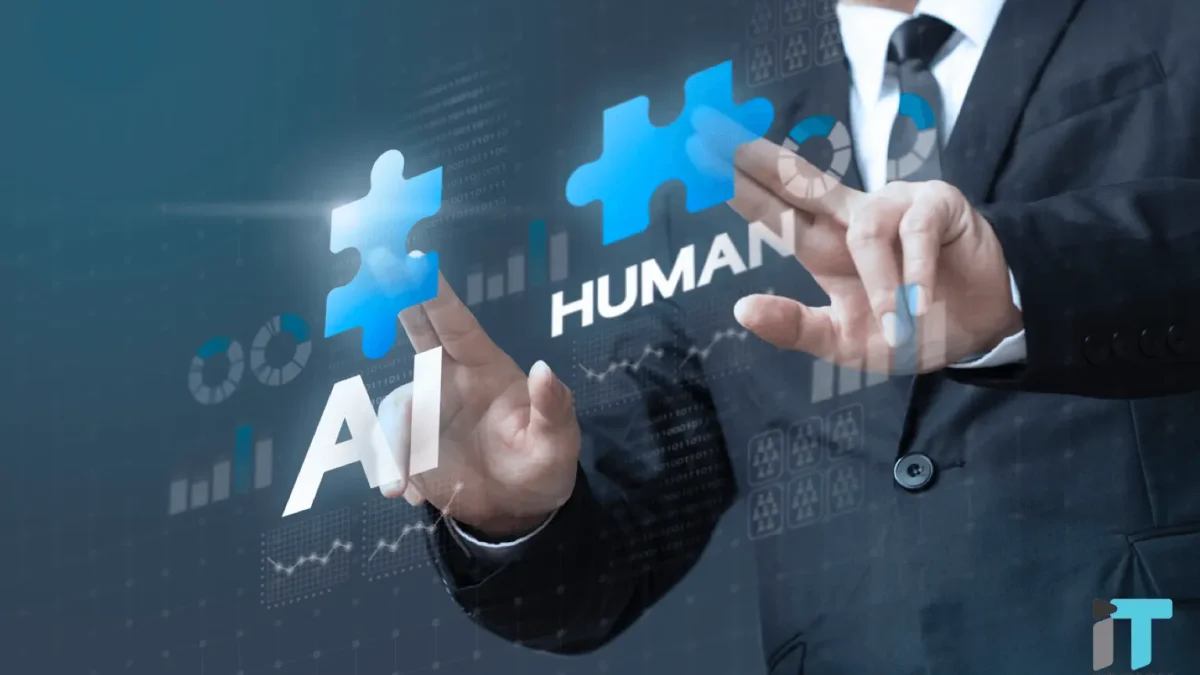“It’s Not HR Tech” – Ryan Ross Talks About AI’s Pros & Cons in Human Resources
With the introduction of AI taking over multiple industries, the automated world has never looked better. In fact, many businesses believed that AI would take over entire workforces and they wouldn’t have to invest in staff. That being said, recent researches have shown that AI is not as flawless as we would like to believe.
In a recent interview, Ryan Ross, the Managing Partner of Hogan Assessment Systems, made an interesting revelation of AI’s role in talent acquisition. Here are some highlights of his interview:
AI Gives You the Data, You Need to Accurately Interpret It
According to Ryan, AI is great at delivering a massive amount of historical data. This data is extremely useful as it helps us create patterns and shows us a different perspective. This also gives way to identify trends. However, what AI can’t do is analyzing this data and ensuring it can be used operationally. A great example of this Ryan gives is that AI can you give you data that all your leaders happen to have a size 9 shoe. But, that doesn’t mean that you only hire leaders that wear a size 9 shoe, right? Ryan says, “AI & machine learning will tell you to make decisions solely based on data. However, you need to add a contextual element to the data analytics”.

AI Helps Eliminates Biases, But Within Its Limits
Another great application of AI in human resources is to help eliminate some of the biases and discrimination that affect the recruitment processes. For example, in different parts of the world, people are excluded from the hiring process simply because of their race or gender. Hence, through data AI may help eradicate this biases. This however entirely depends on if the AI starts research from a blank slate. This is to ensure that the learning algorithms don’t pick up any historical biases. Simply put, AI and machines can help if algorithms are fed with proper criteria, that cannot to prejudice to any discrimination. Hence, if you feed valid predictors of performance to the machine, AI can help to bypass the bias of a hiring manager.
SEE ALSO: AI in HR: The Automated State of Workforce
In conclusion, Ross says, “it’s not HR tech, it’s human HR. Put the human back into HR”. He went on to conclude that employees want a real person answering their questions, instead of a chatbot. He says, “we assume that people want AI in all aspects of their life, however, when it comes to more sensitive issues, like employment, wages and performance discussions, AI cannot replace a human being”.
For more updates and the latest tech news, keep reading iTMunch.





